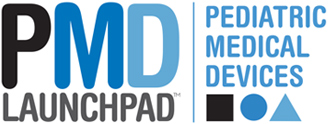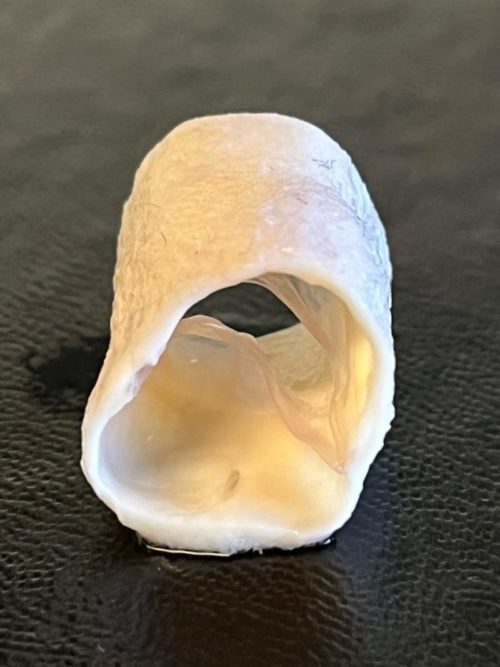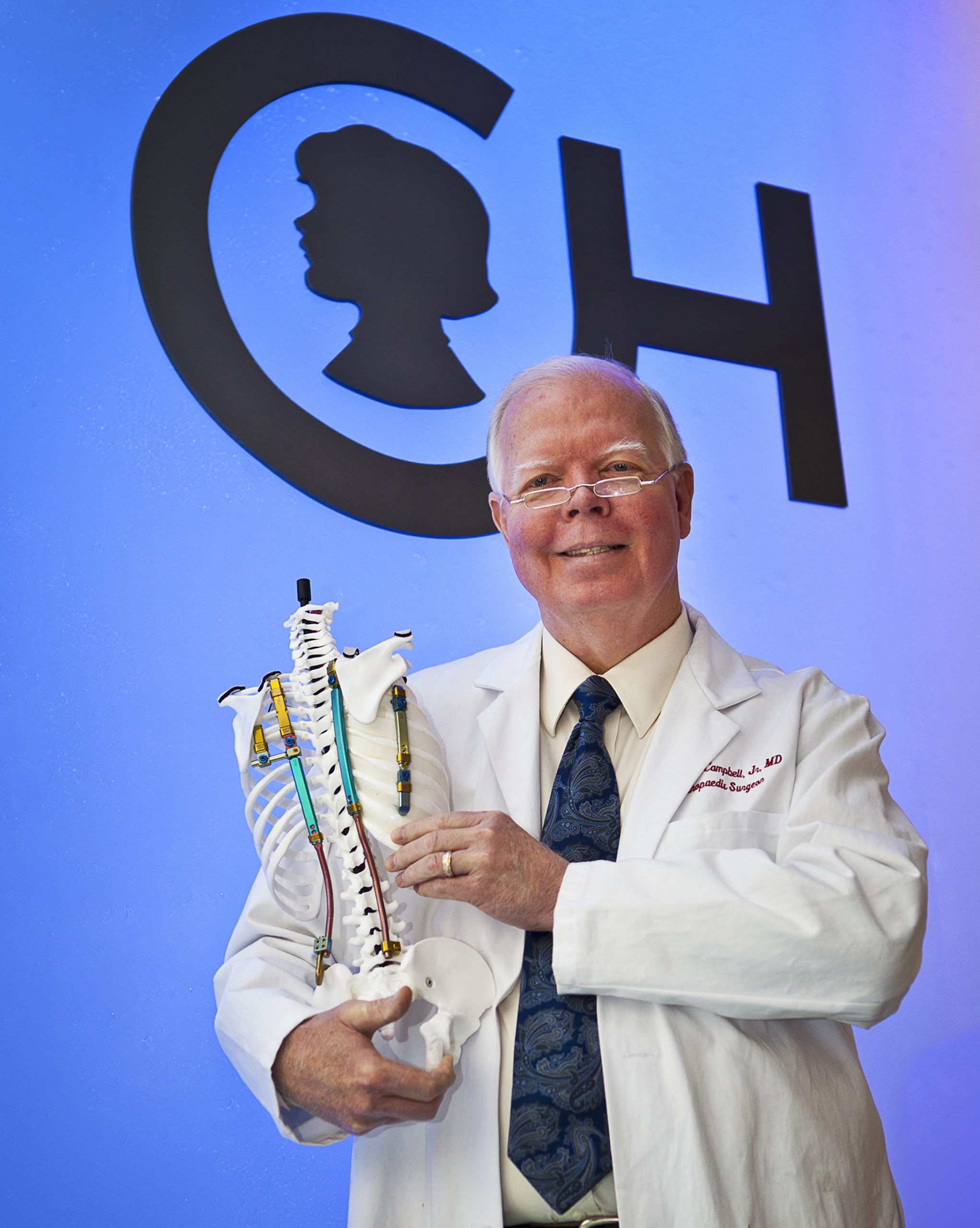About the Pennsylvania Pediatric Medical Device Consortium (PPDC)
The Pennsylvania Pediatric Medical Device Consortium (formerly the Philadelphia Pediatric Medical Device Consortium), connects Children’s Hospital of Philadelphia (CHOP) with the McGowan Institute for Regenerative Medicine and sciVelo, both based at the University of Pittsburgh. This partnership comes on the heels of a five-year, $5 million grant renewal from the Consortium’s sponsor, the U.S. Food and Drug Administration. The mission of the PPDC is to support the development and commercialization of promising medical devices that address unmet clinical needs in children.
Serving the Interests of Stakeholders
The Pediatric Medical Device Launchpad, created by the Pennsylvania Pediatric Device Consortium, is a platform to advance the conceptualization, development, marketing and manufacturing of pediatric medical devices.
As stakeholders, we represent physicians, nurses, engineers, scientists, healthcare workers, members of the business community, and parents. We draw from our diverse areas of expertise and share a common interest in addressing the unmet needs in the pediatric medical device field. The Launchpad is supported in part by a grant from the U.S. Food and Drug Administration (P50-FD0006427) and the William J. Rashkind Endowment and Erin’s Fund from the Children’s Hospital of Philadelphia.
Challenges of Developing and
Commercializing Pediatric Devices
- Many pediatric diseases and conditions may not represent commercially viable market opportunities for potential developers.
- Pediatrics really represents multiple sub-populations from neonates to fully matured, young adults.
- Small numbers of geographically dispersed pediatric patients with a given medical condition make enrollment for clinical trials costly and difficult.
- Widespread use of off-label adult devices in children discourages collection of data to improve device research and development and obtain approval for pediatric use.
“This is the place to come at any stage of pediatric device development.
Real help and ready access to the building blocks for success.”
– Dr. Robert Levy, PPDC Principal Investigator





 A pioneer in the field of pediatric orthopedic surgery, Dr. Robert Campbell was best known for developing the vertical expandable prosthetic titanium rib (VEPTR) to treat thoracic insufficiency syndrome.
A pioneer in the field of pediatric orthopedic surgery, Dr. Robert Campbell was best known for developing the vertical expandable prosthetic titanium rib (VEPTR) to treat thoracic insufficiency syndrome.